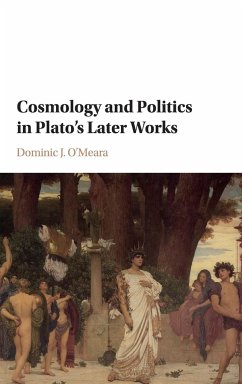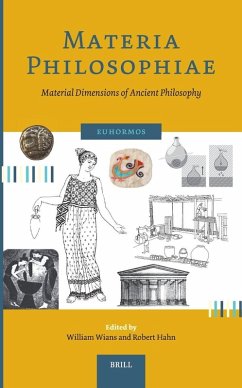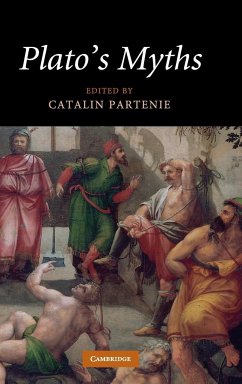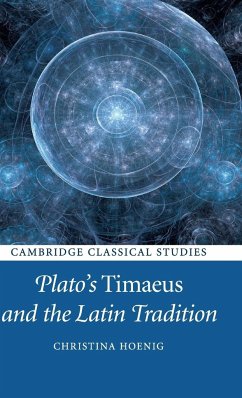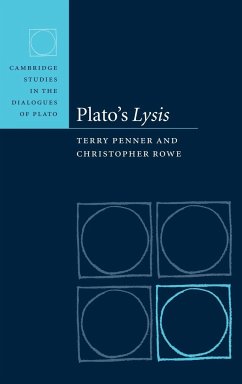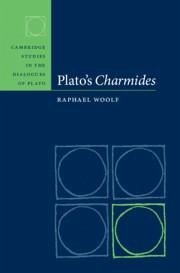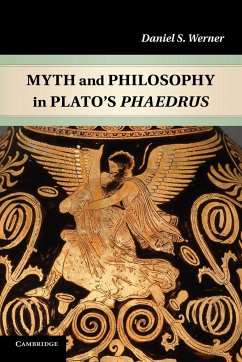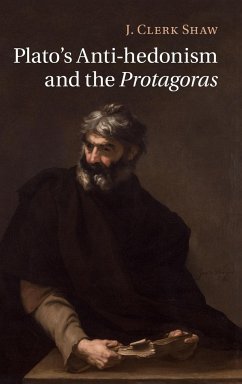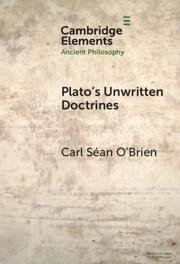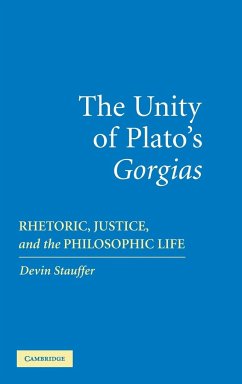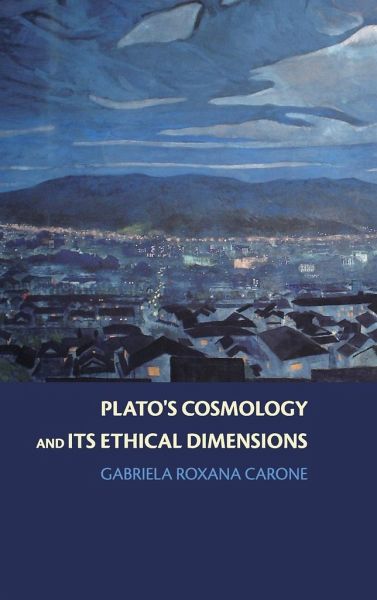
Plato's Cosmology and its Ethical Dimensions
Versandkostenfrei!
Versandfertig in 1-2 Wochen
62,99 €
inkl. MwSt.
Weitere Ausgaben:

PAYBACK Punkte
31 °P sammeln!
Although a great deal has been written on Plato's ethics, his cosmology has not received so much attention in recent times and its importance for his ethical thought has remained underexplored. By offering accounts of Timaeus, Philebus, Politicus and Laws X, the book reveals a strongly symbiotic relation between the cosmic and human sphere. It is argued that in his late period Plato presents a picture of an organic universe, endowed with structure and intrinsic value, which both urges our respect and calls for our responsible intervention. Humans are thus seen as citizens of a university that ...
Although a great deal has been written on Plato's ethics, his cosmology has not received so much attention in recent times and its importance for his ethical thought has remained underexplored. By offering accounts of Timaeus, Philebus, Politicus and Laws X, the book reveals a strongly symbiotic relation between the cosmic and human sphere. It is argued that in his late period Plato presents a picture of an organic universe, endowed with structure and intrinsic value, which both urges our respect and calls for our responsible intervention. Humans are thus seen as citizens of a university that can provide a context for their flourishing even in the absence of good political institutions. The book sheds light on many intricate metaphysical issues in late Plato and brings out the close connections between his cosmology and the development of his ethics.





